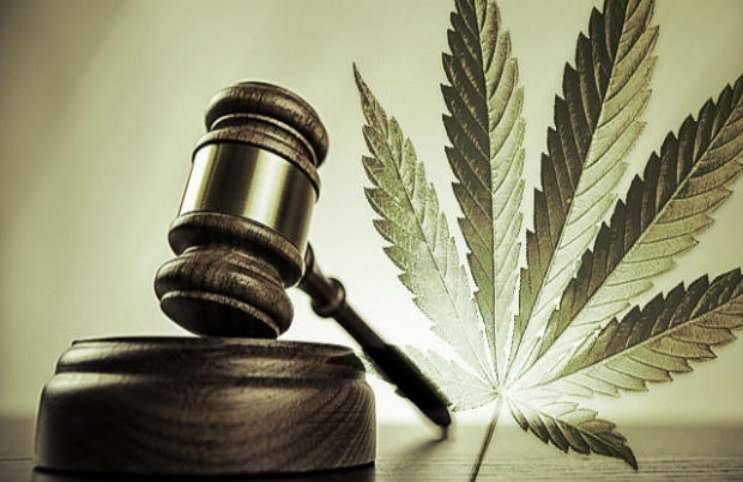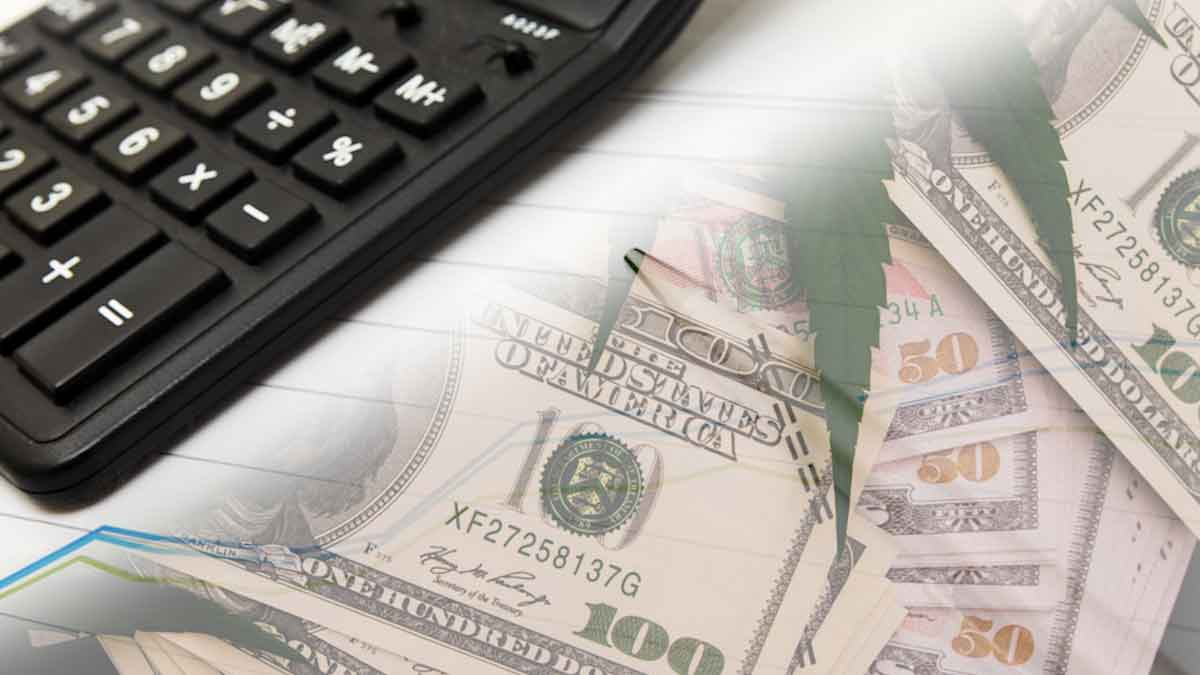Prohibition of marijuana has been a large issue in the federal government of the U.S. for quite some time now. With the majority of the public being in favor of legislation for cannabis, the government has been slow to respond.
Under federal law, marijuana is strictly illegal being categorized as a Schedule I narcotic. This scheduling means that on a federal level, the government believes that cannabis has a high potential for abuse and no medicinal value whatsoever. On one hand, marijuana has been shown to be non-habit forming although it may cause a low level of dependence after a long time of use. On the other hand, marijuana has been shown to be an effective remedy for a wide variety of ailments including some types of cancer, pain management, and seizures to name a few. Because of this, the research on the substance has been quite large and continues to refute these two main points. The scheduling by the government has helped to delay a wide series of legislation and has ended up causing more trouble than it is worth.
Currently, there are 29 states that have some sort of regulation for marijuana, going up against the federal legislation. Seven of these states have legalized marijuana for recreational use including Washington D.C. This tough situation has been caused for a large amount of controversy between states that believe it is their jurisdiction and the national government which states that it should be in their power. The power struggle has gone on for quite some time, but many polls have shown that the majority of the population in the U.S. would like to see marijuana legalized for at least medicinal use.
During the Obama presidency, things were looking very good for the end of prohibition on a national level but things did not end up panning out well. A pew survey showed that 52% of respondents supported the legalizing of cannabis well 45% did not. One of the highest hopes for a reduced level of strictness has come from the idea of rescheduling the drug. This is more likely to happen as de-scheduling cannabis altogether may be slightly farfetched. If cannabis were changed to a lower scheduling, it would allow for much more research to be done, and it would give states ultimately an easier time dealing with legislation.
A proposal for an act known as the Ending Federal Marijuana Prohibition Act of 2013 was suggested and would effectively help to control the marijuana that is being distributed around the country, helping to alleviate the black market while also giving the people what they want. According to the legislation “The Ending Federal Marijuana Prohibition Act of 2013 would subject marijuana to the provisions that apply to: (1) intoxicating liquors under the Original Packages Act, the Webb-Kenyon Act, and the Victims of Trafficking and Violence Protection Act of 2000; and (2) distilled spirits under the Federal Alcohol Administration Act.[6]” If the bill were ended, it would lead to a greater amount of leniency for marijuana in the country, and ultimately help the industry on marijuana to continue growing.
Marijuana legislation is in progress whether the federal government would like it or not. As many states have realized the potential for marijuana, they have decided to legalize it on certain basis’. This has led to a large increase in tax revenue that can then be put forward to sectors such as education and healthcare. The hopes are high that some sort of regulation will be put forward in the near future to help spread the growth of legal marijuana throughout the country and to help discourage the black market from growing. Only time will tell what happens to this interesting industry, but things look as though they are going up.
MAPH Enterprises, LLC | (305) 414-0128 | 1501 Venera Ave, Coral Gables, FL 33146 | new@marijuanastocks.com










